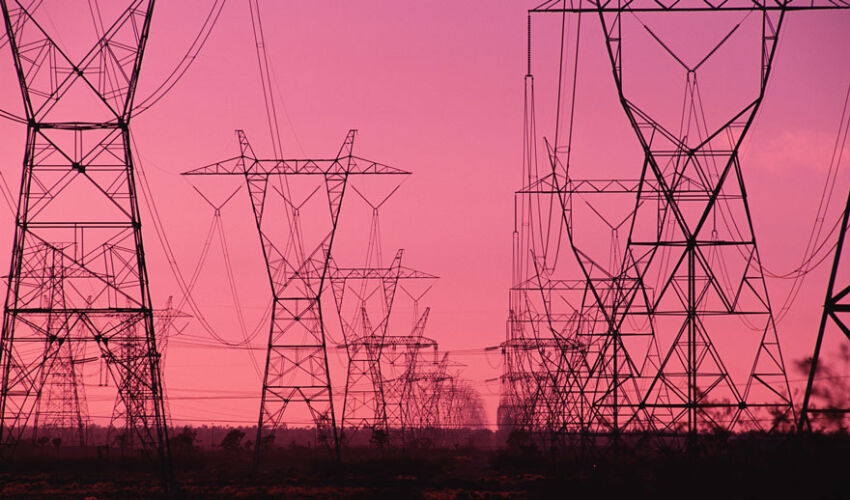
Thus, Ukraine will move to European standards for the definition of power supply quality parameters, in particular – for nominal voltage 230/400 V.
“One of the key innovations is the establishment of clear limits of permissible voltage deviation: from 207 to 253 V (±10% of the nominal value of 230 V),” the National Commission said in a statement.
Such changes should have a positive impact on the quality of electricity supply.
Ukrainian power engineers believe that the transition to 230 volts will reduce the risks of damage to household appliances sensitive to fluctuations, as well as reduce the need for additional means of protection, such as stabilizers.
At the same time, it should be remembered that the energy systems of Moldova and Ukraine currently (after February 2022) constitute a single entity – a semi-autonomous island between the European Union and Russia/Belarus.
A natural question arises: won’t this transition lead to problems in the energy system of our country?
As Logos Press was informed by the Ministry of Energy of the Republic of Moldova, there is nothing to worry about. The Republic of Moldova has already implemented this standard in 2020, along with other 14 thousand European norms. This transition has passed unnoticed by consumers. Therefore, the switch of the neighboring country’s power grids to the nominal voltage of 230/400 V will not affect Moldovan power grids and household and industrial appliances.
“The voltage in the socket has not changed. Just the limits of permissible deviations have been extended: the voltage can vary within 230 +/- 10%,” the Ministry of Energy explained.













